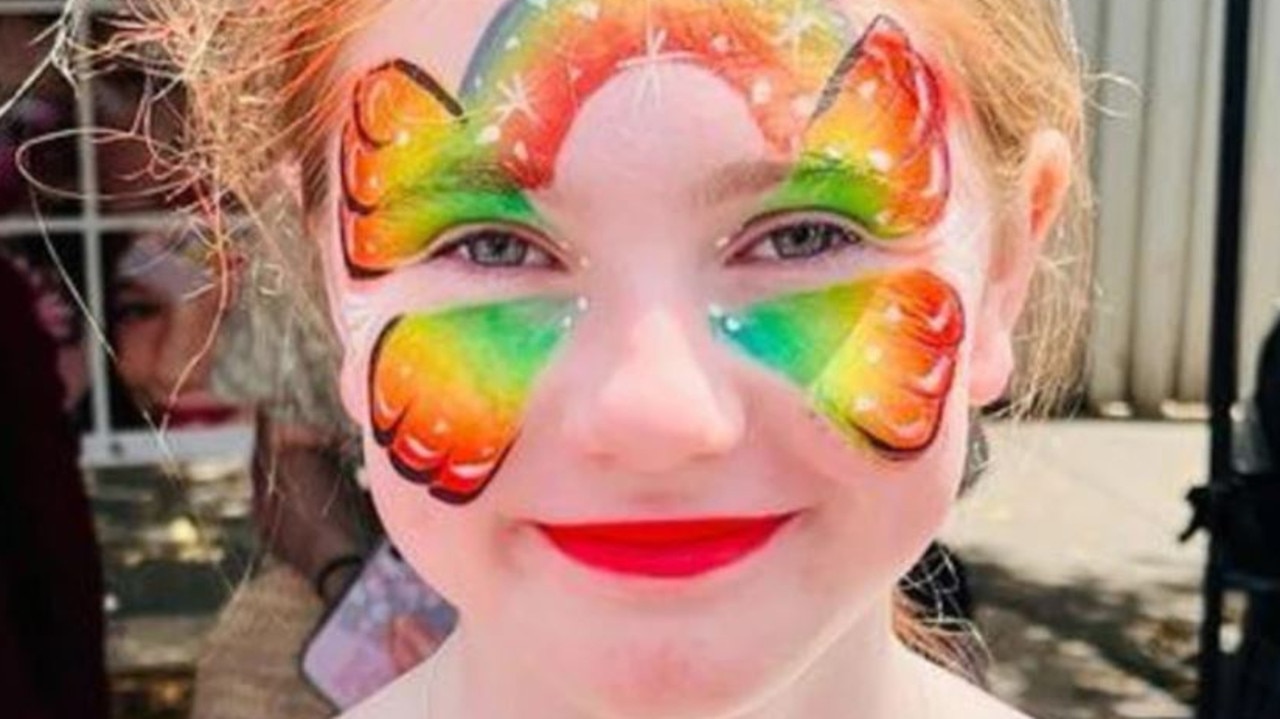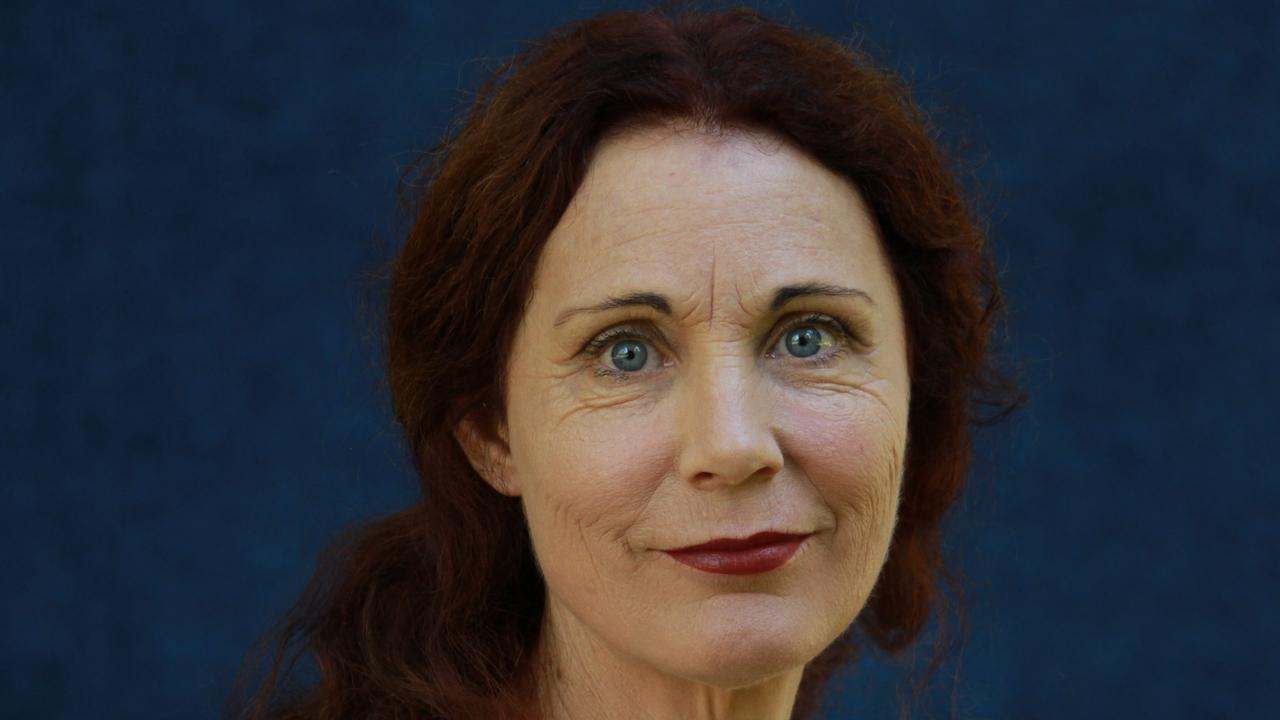One in 10 people sleeping rough is a military veteran who failed to get help from Veteran’s Affairs
One in 10 homeless people sleeping rough in NSW is a military veteran who has failed to get help from the Department of Veterans’ Affairs. Craig Barrow (pictured) called the street home for four years after he was medically discharged from the army.
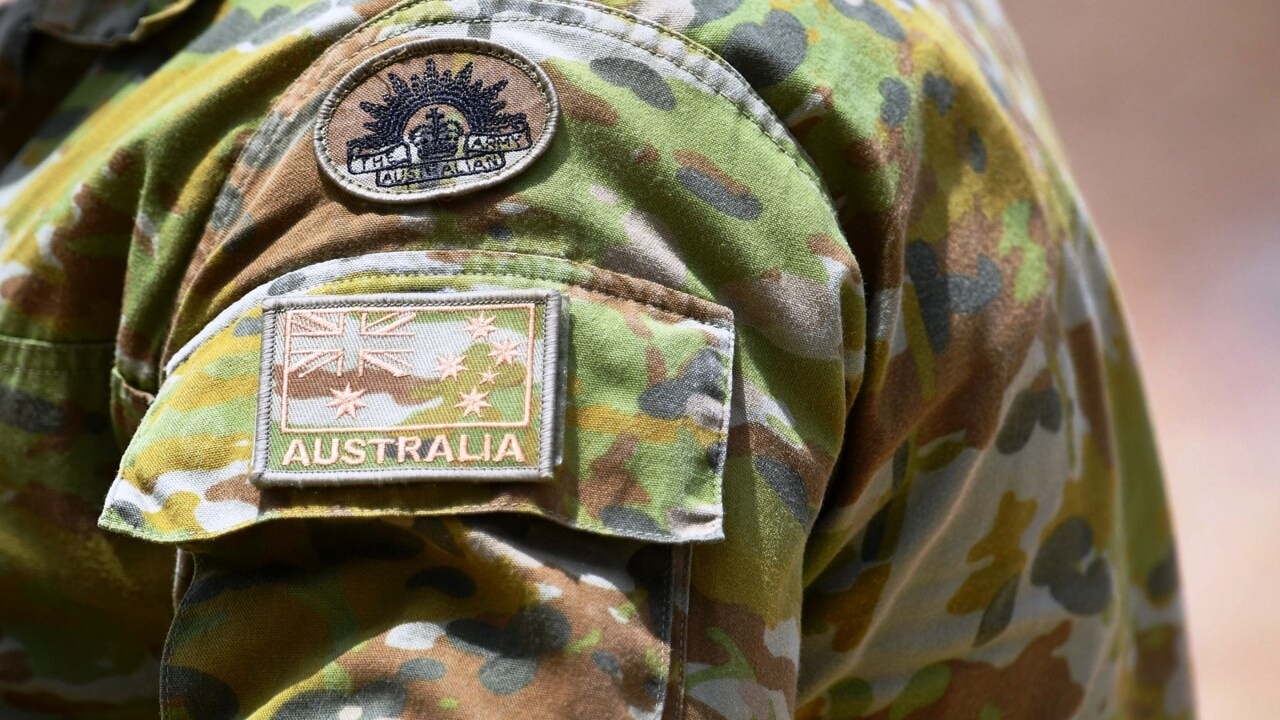
NSW
Don't miss out on the headlines from NSW. Followed categories will be added to My News.
- Military heroes in fight of their lives as suicide rate soars
- Government spends millions to fight stressed veterans in court
One in 10 homeless people sleeping rough in NSW is a military veteran who has failed to get help from the Department of Veterans’ Affairs.
“Our research found that almost 10 per cent of homeless people in NSW are veterans,” Katherine McKernan, chief executive of Homelessness NSW said.
“Most of these people have not been able to get through all the paperwork required on the DVA website to get help and are not recognised by the department,” she said.
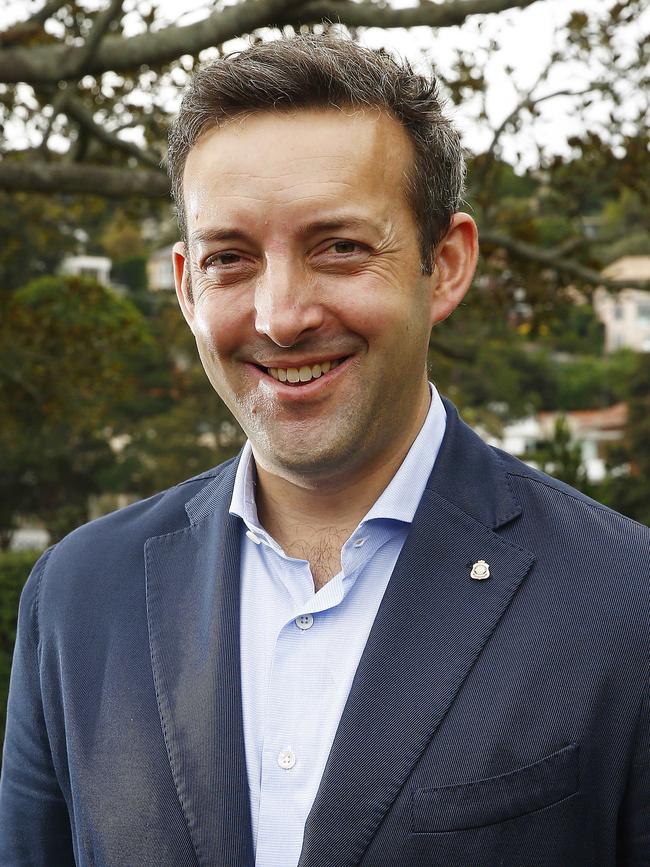
Ms McKernan backed the call for a royal commission into military suicides.
“Veterans experiencing homelessness often have PTSD and are at risk of a range of things including suicide,” she said.
James Brown, president of the RSL in NSW, said demand for the RSL’s services for homeless people had increased by 25 per cent in the last year.
“We have a full-time housing and homelessness officer and he is facing more demand than we can fill,” he said.
Mr Brown said one sub-branch in NSW had recently identified a veteran and his family living in their car and provided them with help.
“A hundred years ago there were all these houses around Sydney Harbour, such as Strickland House in Vaucluse, that were there for veterans and now they have all been sold. We are putting in a new one with the state and federal governments and Soldier On in Concord. I guess we are having to reinvent the wheel.”
The Daily Telegraph’s Save Our Heroes campaign has backed calls from the mother of navy officer David Finney for a royal commission into military suicide after he killed himself when his pleas for help to the DVA went unheeded.
RELATED NEWS
Grieving mum demands royal commission into veteran suicides
Pressure grows on Canberra for ADF suicide inquiry
Government agency’s cut-price care for mentally wounded veterans
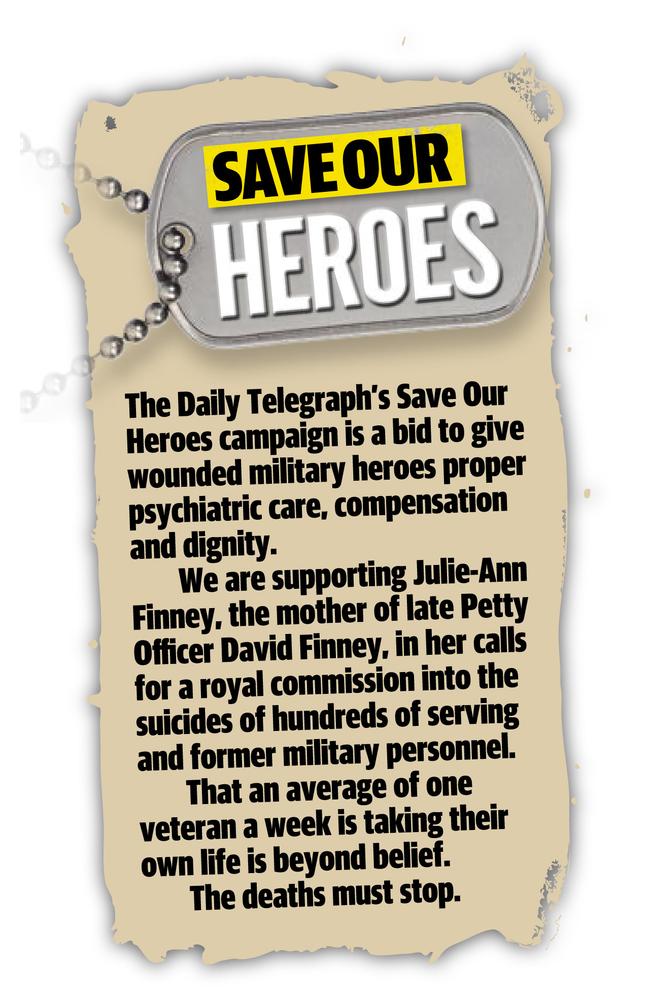
A spokeswoman for Veterans’ Affairs Minister Darren Chester said the government is concerned about any instance of homelessness among former serving Defence members.
“DVA strives to ensure any former serving members of the ADF who are homeless, or at risk of homelessness, have access to the services and support they need,” she said.
Deborah Morris, Griffith University Critical Military researcher, said veterans became homeless because of “systemic problems within both the ADF and the DVA”.
“We give refugees and immigrants assistance to transition into our society. We give prisoners assistance to transition back into society. We need to give veterans the same resources,” she said.
DEFEATED BY THE ARMY, CRAIG LIVED ON THE STREETS
Craig Barrow was six weeks into army training when an exercise at Mount Bundey in the Northern Territory went wrong, leaving him with a severe brain injury.
But it was the mismanagement by the Defence Force as the accident unfolded that left the then 18-year-old, who was run over by a Leopard Tank, still paying the price.
“Instead of airlifting me to the hospital which would have taken 20 minutes, the commanders chose to road transport me which took them nearly four hours,” he said.
“I stayed in there for one day before a regiment officer made the decision to fly me home to Cairns the next day in the condition I was in. My parents picked me up and I lost consciousness for the next three months.”
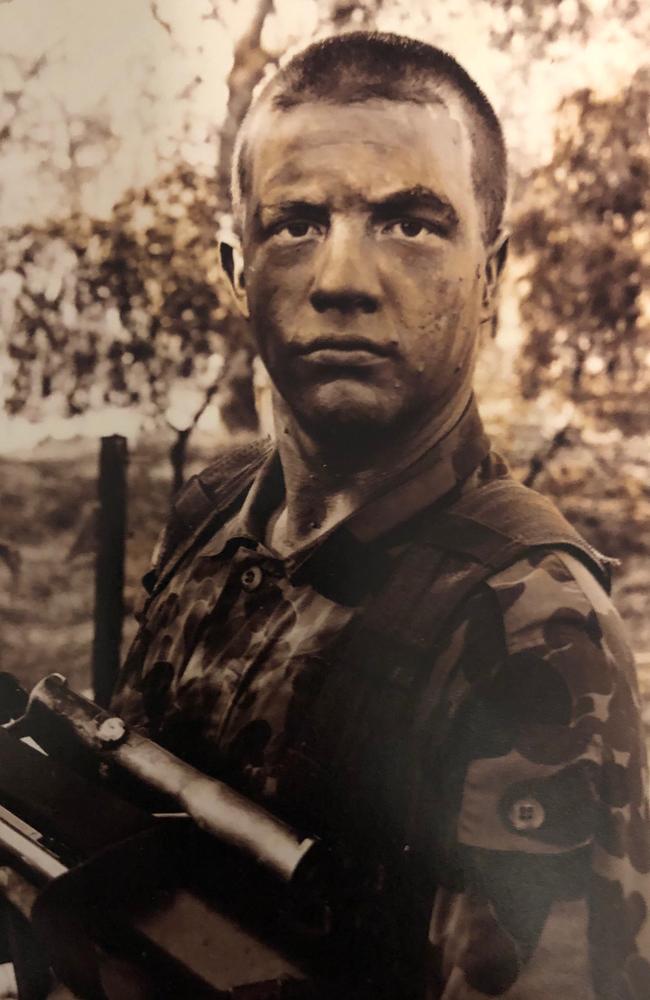
It took more than a year after the accident for Mr Barrow to see a specialist in Sydney.
“I returned to the army not long after and in 2001 I was medically discharged and given no proper transition. I moved in with my parents and they fought the Department of Veterans’ Affairs to get me help as much as they could,” he said.
“It wasn’t until 2002 that the ADF accepted liability for the accident, but even then they kept ‘losing my forms’ and I’m still fighting them now.”
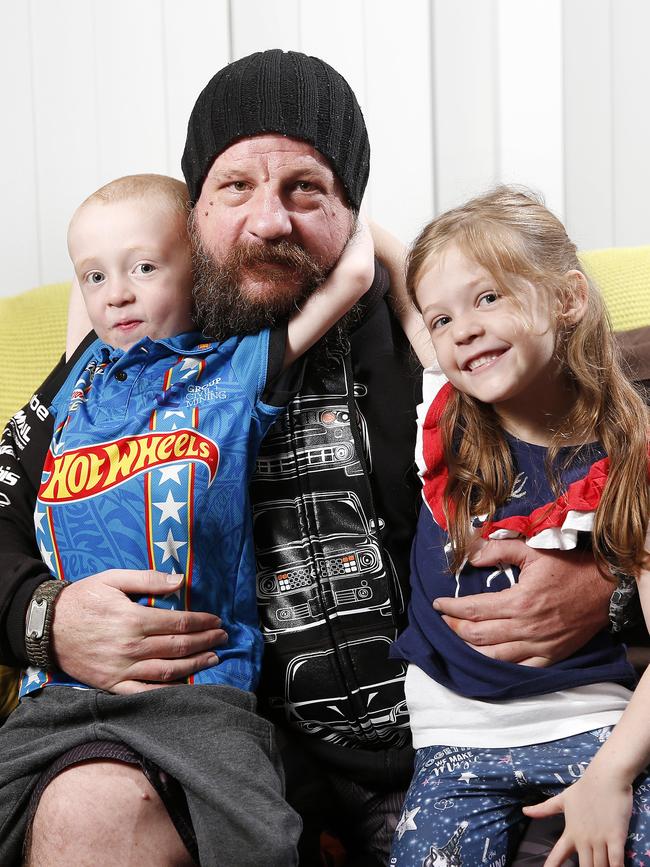
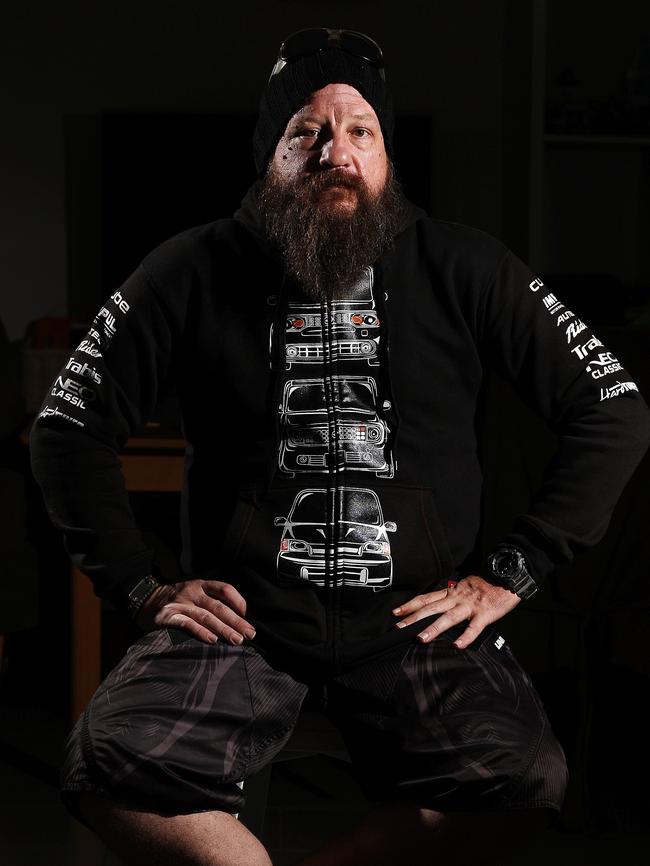
In the meantime, he called the street home for four years.
“I just didn’t care at that point. My relationship with sleep also wasn’t good anyway, never went to sleep until the early hours of the morning.”
Mr Barrow was eventually taken to a private hospital that provides mental health services for veterans in 2010. He continues to go there every three months for a ketamine infusion to help manage his physical pain.
Lifeline 13 11 14
Originally published as One in 10 people sleeping rough is a military veteran who failed to get help from Veteran’s Affairs

